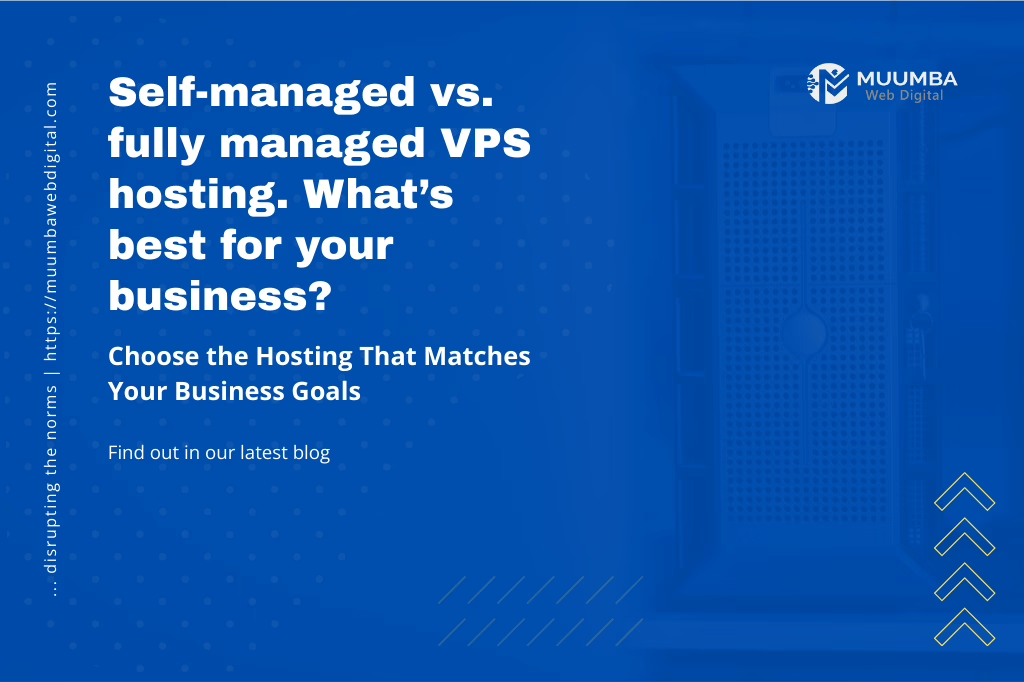
What Makes a Great Small Business Website?
Many small business owners believe they can save money by building their own websites – but the truth is, DIY websites often end up costing more in lost opportunities. You would think that small businesses, operating with limited budgets and big competition, would prioritize having a professionally designed, optimized website. But often, they don’t. They settle for drag-and-drop templates, generic designs, or poorly maintained sites that drive no traffic, generate no leads, and lead to zero conversions.
For small businesses, a website isn’t optional. It’s the handshake, the pitch, and the brand all rolled into one
The irony? The smaller the budget, the more important it is to invest wisely. A strategic, professionally built website is not a luxury. It’s a competitive advantage. In a digital marketplace crowded with big brands and aggressive marketers, your website should be doing the heavy lifting for you, attracting visitors, establishing credibility, and converting leads into loyal customers.
I believe that every small business deserves a website that works just as hard as they do. Let’s break down what makes a great one.
1. Clear Brand Identity and Messaging
Your website should communicate who you are, what you do, and why it matters within the first few seconds. This includes:
- A recognizable logo
- A compelling tagline or mission statement
- Consistent fonts, colors, and visuals
- A tone that reflects your brand personality
- Consistent fonts, colors, and visuals
Why it matters: Confusion kills conversions. Clarity builds trust.
2. Mobile-First, Fast-Loading Design
More than half of users visiting your website access small business websites from mobile devices. Your site needs to:
- Load in under 3 seconds
- Be responsive and functional on all screen sizes
- Offer intuitive navigation and clickable buttons
Why it matters: Mobile-first indexing is a ranking factor and slow sites lose sales.
3. Search Engine Optimization (SEO) Built In
A great website won’t matter if no one can find it. Your site should be:
- Structured with clean code and proper heading tags
- Optimized for local and industry-specific keywords
- Equipped with metadata, alt text, and schema markup
Why it matters: SEO increases visibility, driving traffic and leads organically.
4. Strong Calls-to-Action (CTAs)
What do you want visitors to do next, such as call, book a meeting, buy, subscribe? Make it obvious with a clear strong Call-to-Action (CTAs).
- Use action-oriented buttons
- Place CTAs strategically throughout each page
- Don’t overdo it. Guide, don’t overwhelm
Why it matters: Effective CTAs increase conversions and reduce bounce rates.
5. Trust-Building Features
Consumers need to feel safe and confident. Key trust-builders include:
- Clear contact info and business address
- Social proof: testimonials, reviews, client logos
- Privacy policy, SSL certificate, and security badges
Why it matters: Trust signals reduce hesitation and increase credibility.
6. Easy-to-Update Content Management System (CMS)
Whether it’s WordPress, Shopify, or Squarespace, your CMS should be:
- Easy to navigate for non-tech users
- Flexible for adding new content and pages
- Scalable as your business grows
Why it matters: Content should be easy to update as your business evolves.
7. Integration with Marketing & Analytics Tools
- Third-party email marketing platforms: Most platforms offer a free service to get you started and then charge once you have reached a certain number of subscribers. The free version may come with certain limitations - you may not access certain advanced features, but this gives you a good start.
- Analytics dashboards (e.g., GA4, etc.)
- CRM or sales automation tools
Why it matters: Content should be easy to update as your business evolves.
8. Specific Considerations for Small Business Ecommerce Websites
For ecommerce businesses, your website must also:
- Offer a secure, seamless checkout process
- Include optimized product pages with great images and SEO-friendly descriptions
- Feature inventory management and product categorization
- Use customer reviews and FAQs to support purchasing decisions
Why it matters: User experience directly impacts your ability to convert and retain buyers.
Final Thoughts
A great small business website is a living, breathing part of your brand strategy. It’s not just a digital brochure. It’s your hardest-working salesperson. And one of the most overlooked yet critical components is website security. Ensuring your site is protected with SSL encryption, secure hosting, and regular maintenance isn’t just about protecting your data. It’s about building trust.
Search engines prioritize secure websites, and customers are far more likely to engage with a brand they believe is reliable and safe. At Muumba Web Digital, we design and optimize websites that drive real business results. Whether you need a simple service site or a full ecommerce platform, we’re here to help you build it right the first time.
Want to see how your website measures up? Book free website audit today.
Join Our Email List!
Hal Ngoy
Founder & CEO of Muumba Web Digital Entrepreneur. Kingdom Builder. Transformational Mentor. My passion is to inspire radical, inside-out transformation that awakens people to their divine potential and destiny. As Founder & CEO of Muumba Web Digital, I lead a creative branding and digital marketing agency dedicated to helping brands grow through strategic design, marketing, and web development. Rooted in Kingdom entrepreneurship, my work is built on excellence through transformation, not just for profit, but to build a legacy and advance societal renewal.
All Posts



